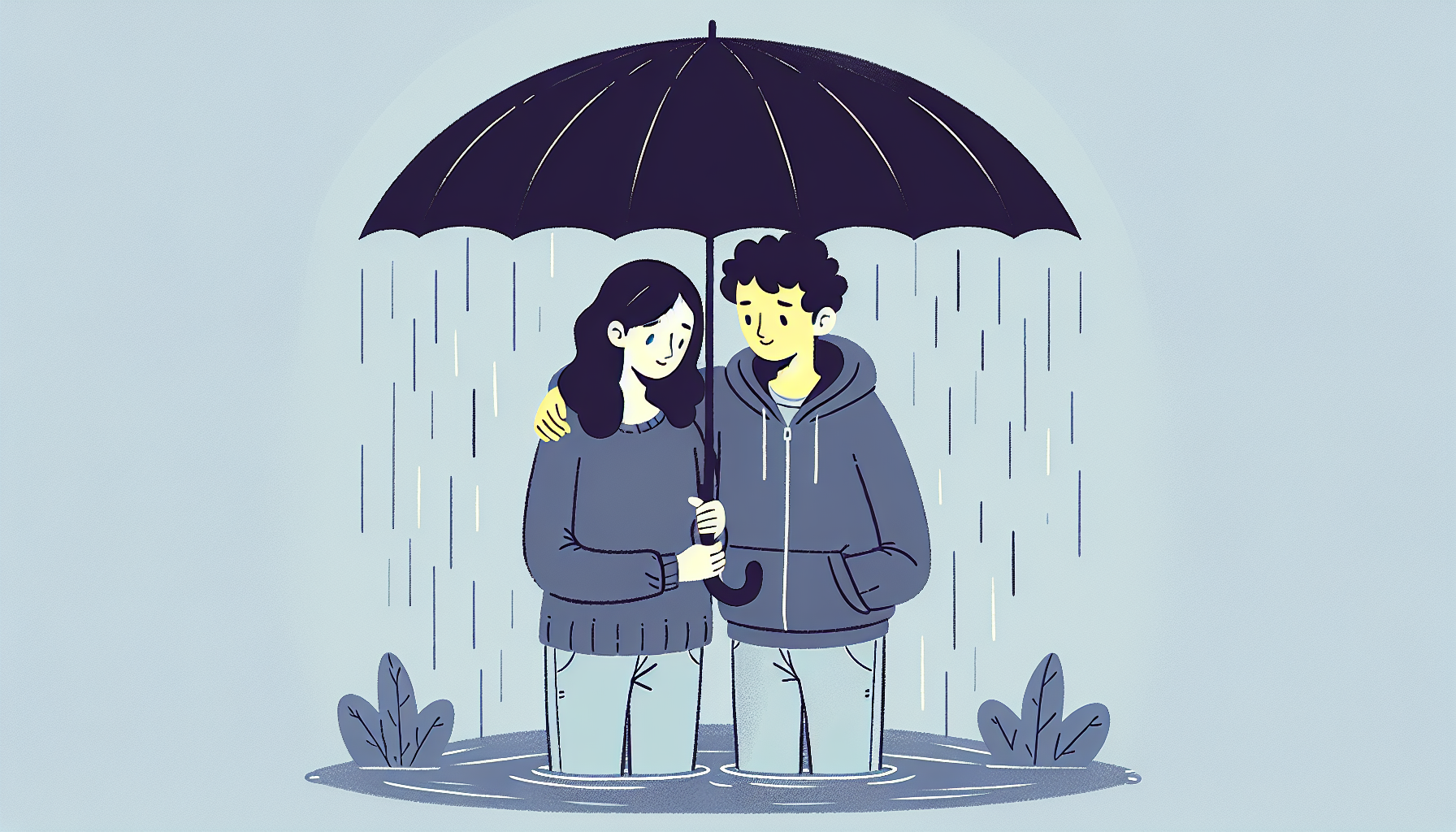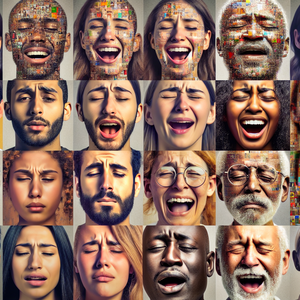The Science of Nostalgia: Unlocking the Power of Our Memories

Nostalgia is defined as a sentimental longing for the past, often involving memories of significant life events, people, or places. While it may seem like a universal experience, studies show that nostalgia can vary widely among individuals based on their personal histories, cultural backgrounds, and emotional states. Psychologists have identified two types of nostalgia: restorative nostalgia, which focuses on the desire to return to the past, and reflective nostalgia, which emphasizes the appreciation of past experiences. Research conducted by Dr. Constantine Sedikides and his colleagues has shown that nostalgia can serve several psychological functions. It can enhance mood, increase self-esteem, foster social connectedness, and provide a sense of continuity in life. For instance, in a study published in the journal Emotion, participants who engaged in nostalgic recollection reported feeling more positive emotions and a greater sense of belonging. This suggests that nostalgia can act as a powerful emotional regulator, helping individuals cope with anxiety and uncertainty.
The Neurological Underpinnings of Nostalgia
The impact of nostalgia is not just psychological; it is also deeply rooted in our brain's biology. When we recall nostalgic memories, our brain activates specific regions associated with emotion regulation, memory retrieval, and social cognition. The hippocampus, which is crucial for forming and recalling memories, plays a significant role in the nostalgic experience. Additionally, the release of neurotransmitters such as dopamine during nostalgic recall can lead to feelings of pleasure and happiness. A fascinating aspect of nostalgia is its ability to counteract feelings of loneliness and disconnection. Neuroscientific studies indicate that nostalgia activates the brain's reward system, creating a sense of comfort and satisfaction. This can be particularly beneficial in times of stress or uncertainty, as it allows individuals to reconnect with positive memories and emotions from their past. For example, during the isolation caused by the COVID-19 pandemic, many people turned to nostalgic music, films, and photographs to evoke comforting memories, which helped alleviate feelings of loneliness.
Leveraging Nostalgia for Personal Growth
Understanding the science of nostalgia opens up opportunities for personal development. Here are some practical ways individuals can leverage nostalgia to enhance their well-being: 1. Journaling: Take time to write about cherished memories or experiences that evoke feelings of nostalgia. This practice can help reinforce a sense of identity and provide emotional comfort. 2. Storytelling: Share nostalgic stories with friends or family. This not only strengthens social bonds but also allows for reflection on shared experiences that can deepen relationships. 3. Creating Memory Triggers: Surround yourself with objects, music, or photographs that evoke positive memories. These triggers can serve as reminders of joyful times and help lift your mood when needed. 4. Mindfulness and Reflection: Engage in mindfulness practices that encourage reflection on past experiences. This can help cultivate gratitude and appreciation for life's journey. 5. Nostalgia in Therapy: Therapists can incorporate nostalgia into their practice by encouraging clients to explore positive memories, thereby enhancing emotional resilience and coping strategies. For example, guided nostalgia exercises can be used to help clients reframe negative experiences and boost their overall outlook on life.
Nostalgia is a multifaceted emotion that can significantly impact our mental well-being and personal growth. By understanding its psychological and neurological mechanisms, we can harness the power of nostalgia to enhance our lives. Rather than viewing nostalgia as a mere longing for the past, we can appreciate it as a vital tool that connects us to our identities, fosters relationships, and provides comfort in challenging times. As we navigate the complexities of modern life, embracing nostalgia can help us find solace and strength in the memories that shape who we are. In an increasingly fast-paced and often disconnected world, nostalgia offers a refuge—a reminder that our past experiences, both good and bad, contribute to the rich tapestry of our lives.
Clinical Psychologist specializing in Positive Psychology
Mental health clinics, private practices, universities
Core Responsibilities
Conduct assessments and therapy sessions focused on enhancing well-being through positive reminiscence and nostalgia.
Research and implement techniques that utilize nostalgic memories to improve client mental health outcomes.
Collaborate with clients to set and achieve personal growth goals that leverage positive past experiences.
Required Skills
Doctorate in Psychology (Ph.D. or Psy.D.) and state licensure.
Expertise in positive psychology and therapeutic techniques that integrate nostalgia.
Strong communication and interpersonal skills for building rapport with clients.
Neuroscience Researcher in Memory and Emotion
Research institutions, universities, healthcare organizations
Core Responsibilities
Design and conduct studies investigating the neurological basis of nostalgia and its effects on mental health.
Analyze brain imaging data to understand how nostalgia activates emotional and memory-related regions.
Publish findings in scientific journals and present research at conferences.
Required Skills
Ph.D. in Neuroscience, Psychology, or a related field.
Proficiency in statistical analysis and experience with neuroimaging techniques (e.g., fMRI).
Strong written and verbal communication skills for disseminating research findings.
Content Creator for Mental Health and Well-Being
Mental wellness blogs, health magazines, educational platforms
Core Responsibilities
Develop engaging articles, videos, and social media content that explore the benefits of nostalgia for mental health.
Collaborate with mental health professionals to ensure content accuracy and relevance.
Analyze audience engagement metrics to refine content strategies and outreach.
Required Skills
Bachelor’s degree in Communications, Psychology, or a related field.
Strong writing and storytelling abilities, with a focus on psychological themes.
Familiarity with SEO practices and digital marketing strategies.
Therapeutic Arts Facilitator
Community centers, rehabilitation facilities, educational institutions
Core Responsibilities
Conduct workshops that use art therapy techniques to help participants explore nostalgic memories and emotions.
Facilitate group discussions that encourage sharing and reflection on personal experiences.
Evaluate participants' progress and adapt activities to meet individual and group needs.
Required Skills
Background in psychology, art therapy, or a related field (degree or certification preferred).
Strong facilitation and communication skills, with an empathetic approach.
Experience in therapeutic practices that incorporate nostalgia and creativity.
Digital Marketing Specialist for Nostalgic Brands
Consumer goods companies, advertising agencies, nostalgic-themed brands
Core Responsibilities
Create marketing strategies that evoke nostalgia to connect with target audiences and enhance brand loyalty.
Develop campaigns across various digital platforms that leverage nostalgic themes in storytelling.
Analyze consumer data and feedback to continuously improve marketing efforts.
Required Skills
Bachelor’s degree in Marketing, Communications, or a related field.
Experience in digital marketing, particularly with nostalgic or heritage brands.
Strong analytical skills and creativity in campaign design.


